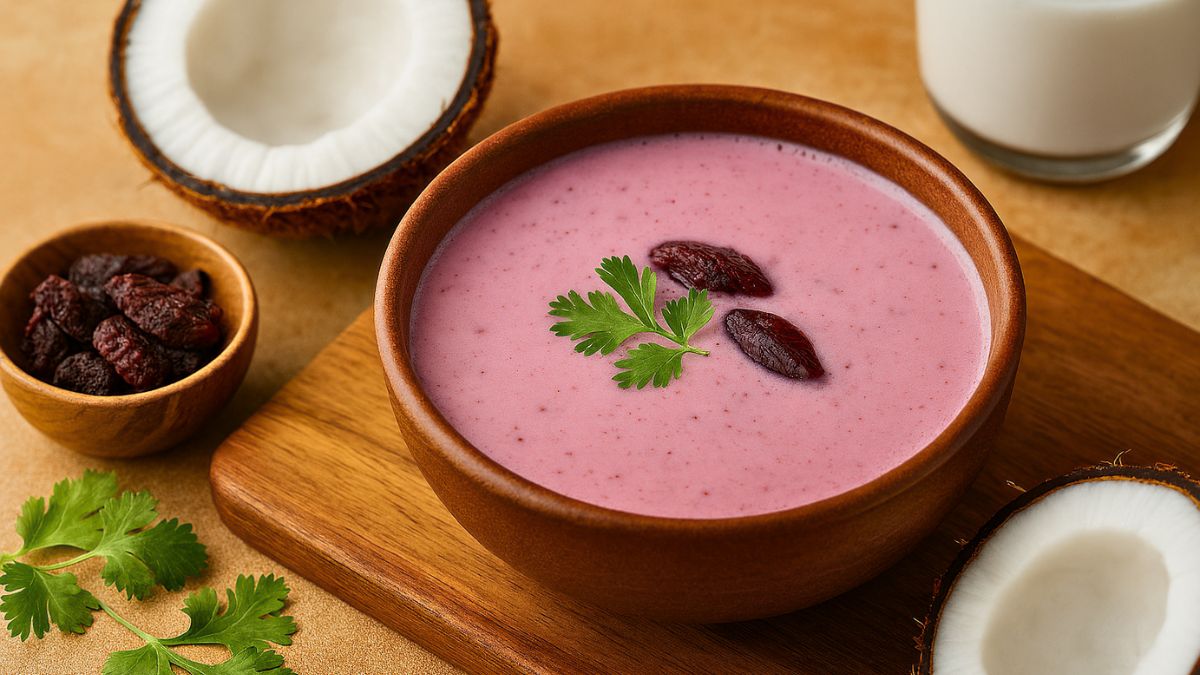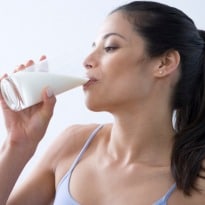Milk has always been in the spotlight for its health benefits. Being the primary source of calcium, health experts and nutritionists have emphasized on the daily intake of milk especially during the growing years of a child. We've often been recommended to drink more milk for stronger bones and immunity, but a latest research begs to differ.According to a study published in the British Medical Journal, milk may not be as good for us as it has been presumed to be. Swedish researchers suggest that drinking more than three glasses of milk a day may increase the risk of early death. Professor Karl Michaelsson, Lead Researcher at Uppsala University in Sweden, says, "Our results may question the validity of recommendations to consume high amounts of milk to prevent fragility fractures."The team explains that the adverse effects of consuming more milk are probably due to the high levels of lactose and galactose (types of sugar) present in milk. These compounds have been shown to increase oxidative stress and chronic inflammation in animal studies. Oxidative stress is the imbalance between the production of reactive oxygen species (free radicals) and the body's ability to fight them with the help of antioxidants which may make bones fragile and affect the risk of mortality.
For the study, two large groups of 61,433 women (aged 39-74 years in 1987-1990) and 45,339 men (aged 45-79 years in 1997) in Sweden completed food frequency questionnaires for 96 common foods including milk, yoghurt and cheese. Women were tracked for an average of 20 years, during which 15,541 died and 17,252 suffered fractures. Simply put, researchers found no link between high milk consumption and reduction in fracture risk in women. This challenges the fact that milk has been known to strengthen bones due to its high calcium content. In fact, high consumption of milk was linked to increased risk of hip fractures. Furthermore, women who drank more than three glasses of milk a day (average 680 ml) had a higher risk of death than women who drank less than one glass of milk a day (average 60 ml). (Why Pregnant Women Should Consume Less Milk)As far as men are concerned, they were tracked for an average of 11 years during which 10,112 died and 5,066 had a fracture. They were also found to have a higher risk of death amongst those who consumed more milk. Moreover, these effects were more pronounced in case of women who were twice as likely to die with heart disease.However, cheese and yogurt were found to have a positive effect by increasing bone health and reducing the risk of early death. This is probably because lactose and galactose are found in lower levels in other dairy products.Although these results are potentially alarming, researchers advise caution in interpreting them and recommend more research to be conducted before people are actually advised to limit their milk consumption.With inputs from IANS
For the study, two large groups of 61,433 women (aged 39-74 years in 1987-1990) and 45,339 men (aged 45-79 years in 1997) in Sweden completed food frequency questionnaires for 96 common foods including milk, yoghurt and cheese. Women were tracked for an average of 20 years, during which 15,541 died and 17,252 suffered fractures. Simply put, researchers found no link between high milk consumption and reduction in fracture risk in women. This challenges the fact that milk has been known to strengthen bones due to its high calcium content. In fact, high consumption of milk was linked to increased risk of hip fractures. Furthermore, women who drank more than three glasses of milk a day (average 680 ml) had a higher risk of death than women who drank less than one glass of milk a day (average 60 ml). (Why Pregnant Women Should Consume Less Milk)As far as men are concerned, they were tracked for an average of 11 years during which 10,112 died and 5,066 had a fracture. They were also found to have a higher risk of death amongst those who consumed more milk. Moreover, these effects were more pronounced in case of women who were twice as likely to die with heart disease.However, cheese and yogurt were found to have a positive effect by increasing bone health and reducing the risk of early death. This is probably because lactose and galactose are found in lower levels in other dairy products.Although these results are potentially alarming, researchers advise caution in interpreting them and recommend more research to be conducted before people are actually advised to limit their milk consumption.With inputs from IANS
Advertisement










